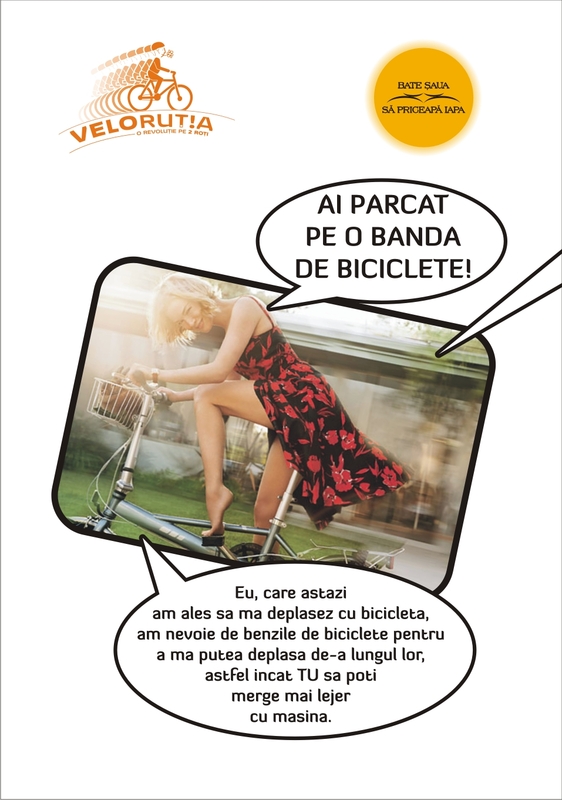BUENOS AIRES, Oct 21 (IPS) – An organisation of over 100 journalists in Argentina has drawn up ten “commandments” for news coverage of gender-based crimes, which include avoiding expressions like “crime of passion” and incorporating terms like “femicide.”
The document, by the Argentine Network of Journalists for Non-Sexist Communication (PAR), has already been debated in forums and delivered to social and cultural associations and editorial offices. It will be publicly launched on Nov. 25, International Day for the Elimination of Violence Against Women.
Its aim is to combat “invisible discrimination, which is often unintentional, but occurs because it has become natural in daily life,” Liliana Hendel, a psychologist and journalist for the subscription television news channel Todo Noticias, and one of the authors of the ten commandments, or decalogue, told IPS. …
1. The following terms are correct usage: violence against women, gender-based violence and sexist violence.
2. Gender-based violence is a crime insofar as it is illegal behaviour that must be prevented and punished, a social problem, an assault on the right to life, dignity, and physical and psychological integrity of women, and an issue that concerns the defence of human rights.
3. We will uproot from our work the term “crime of passion” to refer to murders of women who are victims of gender violence. Crimes of passion do not exist.
4. It is of the utmost importance to protect the identity of the victim, rather than that of the aggressor. Make it clear who is the aggressor and who is the victim, and indicate what attitudes and situations may put women in violent relationships at risk, to help raise their awareness about their situation.
5. Some information can harm the victims and their families. It is not always a good idea to identify the victim. It is offensive to refer to victims by diminutives, short forms of proper names, nicknames, and so on.
6. We will never look for justifications or “motives” (alcohol, drugs, arguments, jealousy, a couple’s separation, infidelity, and so on) that only distract attention from the central issue: violence. The cause of gender-based violence is the control and domination that certain men exercise over women.
7. It is essential to check the facts, especially from official sources.
8. Keep the subject on the agenda by denouncing violence in all its forms: psychological, economic, and emotional, without waiting for women to be killed. Tell the story taking into account the uniqueness of each event, but also the elements that each has in common with other cases. This will help us avoid the use of expressions like “once again” or “yet another case of,” and prevent a dulling of sensitivities.
9. Be particularly careful with the photographs and images illustrating the article. Respect the victims and their families, and avoid sexism, sensationalism and obscenity. Never steal images or audio material from a victim. When using a musical background, do not select motifs that inspire terror, or lyrics that talk about “love-sickness” or jealousy.
10. Our articles will always include a free telephone helpline number for victims, and any other information that may be useful for them.



